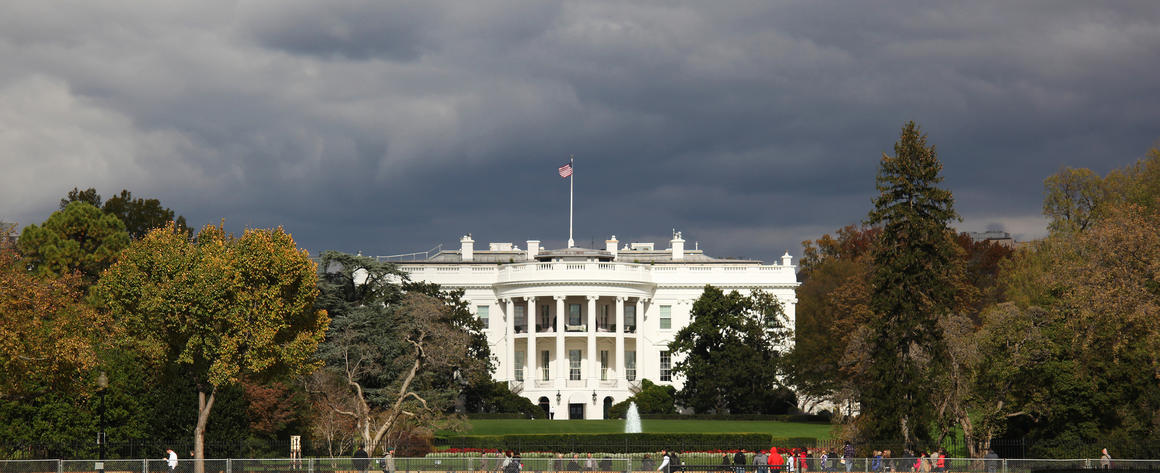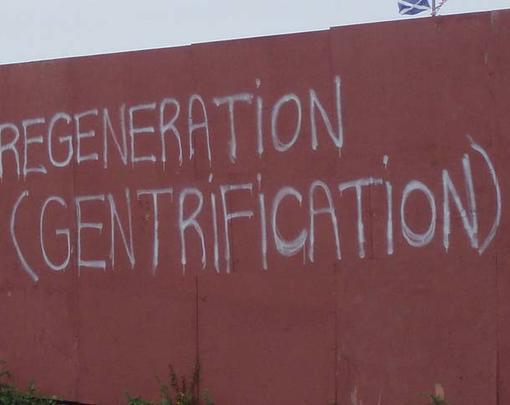Our system is failing. Profound anger at a rigged system has led many voters to reach for something different – even if it means turning in a dangerous new direction. The voters have rejected a stale elite consensus, but we are now confronting a still greater threat. What remains of Madisonian checks and balances has delivered us over to a demagogue at the head of some of the most sinister forces in American political life. Rollback of such basic protections as the Voting Rights Act has re-opened the door to voter suppression and the threat of massive expulsion of immigrants. Violence against women has been discounted and trivialized. The ugly language of hatred and discrimination is abroad in the land.
Voters responding to a rejection of Washington have returned to Washington politicians who are anything but friends of ordinary working people.
The coming period will be one of great difficulty. Pain and suffering will increase, but it will not fall on everyone equally. We must defend what we mistakenly thought was secure, or what we already knew was in jeopardy – whether the right to vote, to organize, to dissent, to have health care, to marry, to control one’s own body, or even to exist in public as black or brown or female or gay or transgender or Muslim without the ever-present threat of violence, rejection, or deportation.
At the same time, we must not allow ourselves to be trapped on the defensive. Crises of climate, of racial and ethnic injustice, of inequality and vast economic insecurity – and more – are already challenging us, demanding clear and credible answers. Together we must craft a powerful strategic response to the changed and changing political environment. With Washington currently an even smaller place of hope, we must seek out and vigorously pursue other avenues and pathways to change, from the bottom up and through alliances at all levels.
Our response must begin with a new politics but also recognize the need to build a new system – one that offers a new vision and new institutions to support a new politics as we go forward.
In a thousand communities throughout the country – urban, small-town, and rural – ordinary people are at work, creating bold new political and economic solutions, building power and knowledge and solidarity. New worker-owned and cooperative businesses, public banks, land trusts, neighborhood corporations, social enterprises, and a thousand new projects and initiatives are underway, just beneath the interest of the national media. Organizers, too, are challenging power in community upon community, all across the nation.
A massive escalation of this activity must now be a major priority – in civil society, in communities, in workplaces, locally, regionally, and internationally. Building through the difficulties, we must construct the basis of what amounts to a new political-economic system, from the bottom up.
We will need new strategies to bring about such massive change. We must build the future we need community by community, strengthen state programs that help, and build great strength at the regional level. Nationally we need a new politics and program that dares to take on and transform the most destructive corporations – from oil companies to Wall Street banks, from climate change violators to global tax evaders. Internationally, we must work to help build a global citizens’ movement that can fuse movements launched by Bernie Sanders and Elizabeth Warren, Black Lives Matter, climate activists, LGBTQ activists, immigrant rights activists, activists fighting corporate power over our democracy, indigenous peoples in resistance, followers of Pope Francis, and many more besides.
The election of Donald Trump is not the end of political change in America. It is the challenge that must mark a new beginning for a practical and hard-headed new progressive system-changing politics capable of tackling the sources of our difficulties.
Long ago Bertram Gross warned of the dangers of “friendly fascism” coming to America – “a slow and powerful drift toward greater concentration of power and wealth in a repressive Big Business-Big Government partnership.” It is now arriving – and may not be friendly. It must be confronted and challenged. But unless we are able to offer real alternatives based on shared community and new economic institutions to challenge the nightmares of fear, hatred, and isolation that have seized our politics, we will not succeed.
The failure of traditional politics reflects the failure of our political-economic system and our traditional strategies. The old ways simply no longer work. Systemic crisis means that systemic change is ultimately necessary – no matter how difficult it may be. Beginning with community and building up, from diverse directions and working together in a new politics and a practical strategy of system-wide change ultimately offers the only serious response to a crisis of system-wide dimensions.
We hereby pledge to re-dedicate ourselves to the vital work of system change in this country. We look forward to working with the many others who understand that the systemic crisis we now face goes far deeper – and is upon us much sooner – than many had previously understood. Dark times call for brighter new visions of the world we want to see – and will build together.
—The Next System Project



